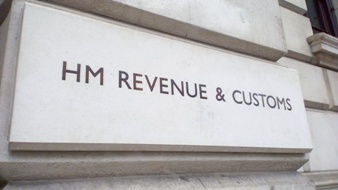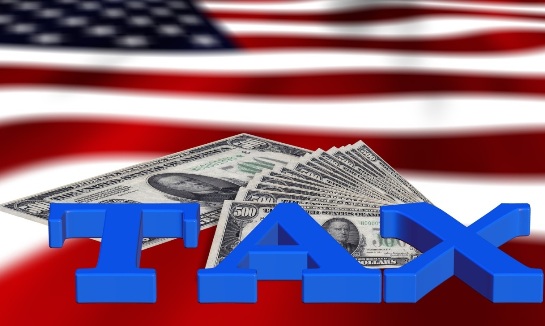VCC is a new legal entity or structure for all types of investment funds in Singapore. It can be formed as a single standalone fund, or as an umbrella fund with two or more sub-funds, each holding different assets.
With the introduction of the VCC structure, this will raise Singapore’s position in becoming a globally competitive fund domicile. It will encourage fund managers in Singapore to domicile their investment funds in Singapore and help strengthen Singapore’s position as a full-service international fund management centre. It is expected that the VCC framework will be operational in the 4th quarter of 2019.
The VCC will be governed by the Variable Capital Companies Act. In addition, Accounting and Corporate Regulatory Authority of Singapore is the regulatory authority for the establishment and administrative purposes. The Monetary Authority of Singapore (“MAS”) will oversee its anti-money laundering and countering financing of terrorism obligations. Lastly, the Securities and Futures Act will govern the offering of shares in a VCC and other aspects concerning the VCC as a fund.
The VCC can be setup as a open-ended or close-ended fund. Re-domiciliation of foreign corporate entities setup as funds are also allowed, subject to conditions.
Requirements of a VCC
- It will require a Singapore based licensed or regulated fund manager
- The capital of a VCC will always be equal to its net assets, thereby providing flexibility in the distribution and reduction of capital
- It must have at least one resident director, registered office in Singapore and appoint a Singapore resident secretary.
- It will be subject to audit by a Singapore based auditor, and must present its financial statements in any of the following standards eg Singapore FRS, International FRS or US GAAP.
- It must maintain an updated register of shareholders and disclose the information to the regulatory and law enforcement authorities upon request. The public has no access to this information.
Corporate Income Tax (“CIT”) and tax treatment of VCC
The tax treatment of a stand-alone VCC will remain as the same as that of a Singapore company.
To ease compliance burdens, an umbrella VCC only needs to file a single CIT return with the Inland Revenue Authority of Singapore, regardless of the number of sub-funds that the umbrella VCC may have.
Tax incentives under sections 13R and 13X of the Income Tax Act will be extended to VCCs. In the case of an umbrella VCC, these tax incentives will be granted at the umbrella level.
Deductions and allowances for umbrella VCCs will be applied at the sub-fund level for determination of the sub-fund’s chargeable or exempt income.
Where applicable, an umbrella VCC will enjoy start-up or partial tax exemption which will be applied once at the umbrella level, regardless of the number of sub-funds the umbrella VCC may have.
With the introduction of VCC, it enhances Singapore’s strong reputation as a financial services hub and as a key member of regional initiatives which are designed to simplify and harmonise the process for fund distribution.
Source: MAS, Inland Revenue Authority of Singapore.
For more information, you may contact Ms Su Lee Chan, Director of Zetland Singapore at suleec@zetland.biz or +65 65572071.


















